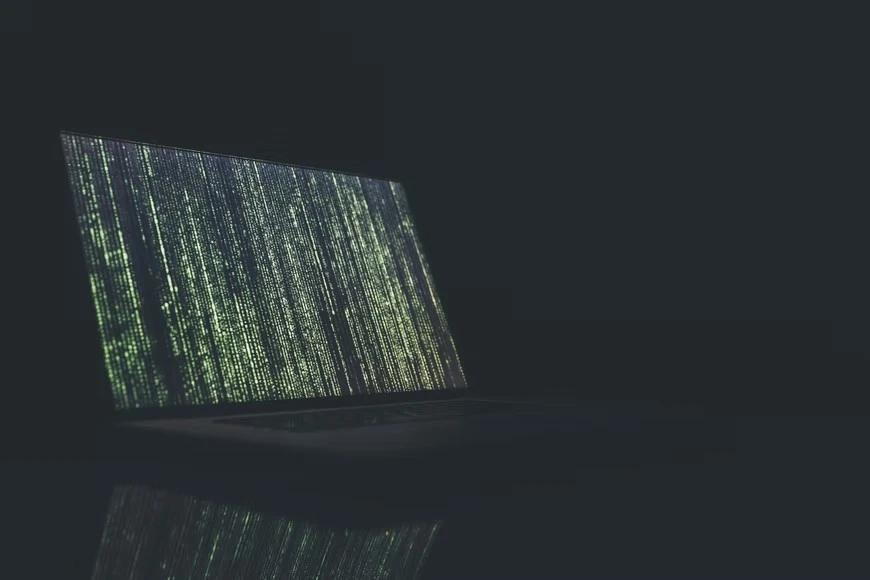More than a year after the ubiquitous Covid-19 has imposed distance learning and virtualization models. Even before COVID-19 spread to online learning, most students had to use a computer every day. Whether it is chatting with classmates, writing notes, or exploring careers, technology use is essential for every student. Cyber security concerns have become an important issue, particularly for students who spend most of their time online. In an online learning environment, students and educators face a variety of risks, including cyber bullying, the risk of disclosure of personal information, phishing, harassment, and fraud.
Cyber security tips to stay protected
Use secured links
Do not click the anonymous links; use an encryption methods when opening suspicious websites. Always use a lock screen to prevent others from accessing your device and seeing your content. Use a combination of numbers, letters, and symbols for passwords to protect your information.
Do not click scam emails
Most students receive numerous emails every day for lectures, discussions, newsletters, school activities, and other college-related information. Despite the flood of emails, you should be careful and read your emails especially if they ask you to do something on your computer. Avoid clicking on a link, downloading a file, installing a new application, or updating a system.
To avoid fraud or phishing, it is important to make sure the sender is genuine. If you are not careful, your confidential information may be leaked, such as your credit card number, and personal information like your license, passport, or address.
Use updated systems
The most important of these is keeping your computer or smartphone up to date with the latest features. This is especially important for Windows users. Indeed, the Windows system is more vulnerable to hacking than Apple’s Mac operating system.
Write from authentic websites
While searching the data for your assignment, conduct a proper search of the website. There are websites that provide fraudulent and unauthentic data for your assignment. That’s why it’s better to use Pro Essays Service for your assignments. In such a way you can avoid phishing and cyber security issues and can ensure good grades as well.
Use HTTPS websites
It is essential to know the difference between HTTP for yourself and HTTPS. Make sure that all data as you move between your browser and the sites you visit are encrypted. Make sure that all websites you visit use HTTPS (secure HTTP with a padlock in the address) instead of old HTTP.
Install Linux
Installing Linux on a computer provides a higher level of protection compared to the Windows system. While continuing to use the same program increases the risk of interference with cyber-attacks, antivirus programs should be constantly updated.
Always log out of your computer
Just two minutes from your laptop to get the other tasks done, it can be dangerous if it is not locked. Better to turn on the screen or reconnect again after a few seconds than to give someone the chance to monitor. It can mess up with your settings, spy on your data, or fix a bad app. It does not look like anyone is going to use your computer when it is open and free for a while, but it is better to be safe.
Do not use public WiFi
Public WiFi provides free access to your network to hackers. Being on the same network makes it easier for cyber criminals to break into your device and access everything you have. Even if you want to quickly submit your application for your abroad studies and accept cookies – hackers can access your data before you finish it. If you want to use public WiFi use a VPN and be careful. A VPN encrypts all of your online activities. You can download the VPN app to your phone with just a few clicks.
Be aware!
Students need to keep themselves updated always regarding cyber security trends. These trends can make sure that you do not click on unknown links and avoid unnecessary file downloads. Universities and colleges should also hold conferences and seminars to aware students of increasing cyber issues.

